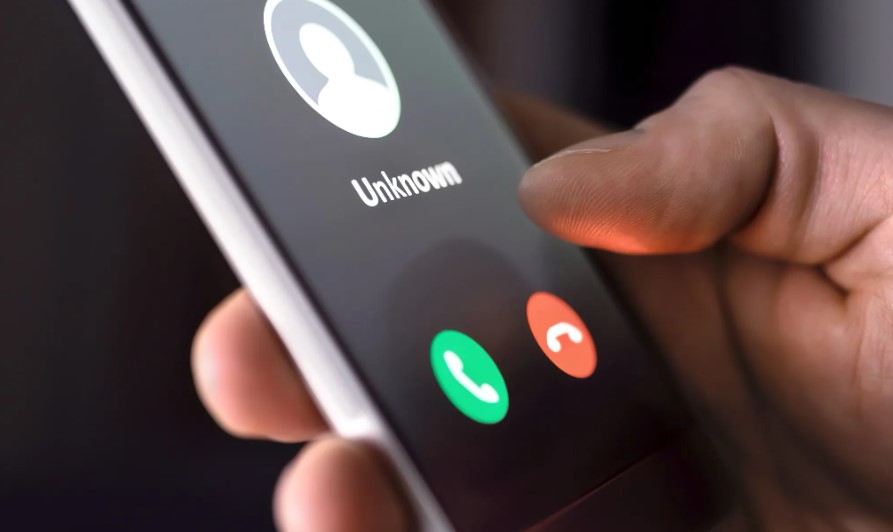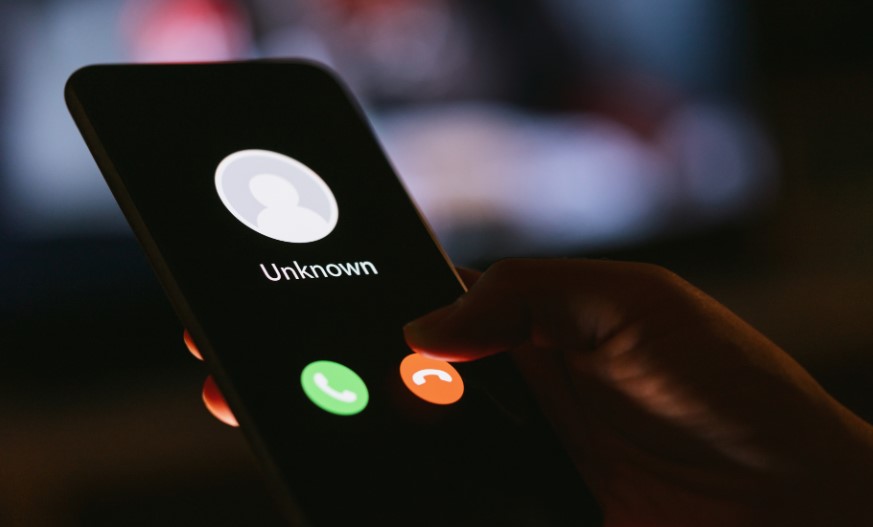Phone users are discovering a crucial reason why they should never answer with a simple "yes" when asked, "Can you hear me?"
This revelation has shed light on a growing phone scam that targets unsuspecting individuals. Understanding this warning can help protect against potential fraud and identity theft.

The rate of phone fraud has increased in recent years
In today's digital age, texting has become the preferred method of communication for many, replacing traditional phone calls.
However, for those who still engage in phone conversations, it is crucial to be cautious and aware of certain warning signs.
According to a report by Reader's Digest, phone call scams have seen a staggering increase of 118% in the past year alone.

While suspicious text messages are somewhat common, identifying scams during phone calls can be more challenging.
Why we should never answer if someone asks ‘Can you hear me' on the phone?
Adam Gordon, an IT training instructor at ITProTV, emphasizes that all phone scams share two primary objectives: gathering personal information for identity theft and persuading victims to give money to scammers.
One particular phone scam tactic involves a pre-recorded voice asking the innocent-sounding question, "Can you hear me?"
This seemingly harmless inquiry is designed to trick unsuspecting individuals into responding with a simple "yes."

The intention behind this question is to extract a voice recording of the victim saying "yes" and then potentially using it for fraudulent activities.
Matthew Shirley, the director of offensive cybersecurity operations at Fortalice, highlights the insidious nature of this scam.
He explains that scammers exploit a common human reflex to answer a quick question without giving it much thought.
The simplicity of the query makes it even more alarming, as victims may not suspect any harm in providing a straightforward response.

This revelation comes in the wake of recent incidents involving fraudulent applications on mobile platforms.
For example, an iPhone user fell victim to a fake cryptocurrency app claiming to be affiliated with a reputable Bitcoin wallet.
The app, which had been circulating on the App Store, deceived users by imitating the logo and collecting fake positive reviews to appear legitimate.
As a result, unsuspecting individuals downloaded the app, resulting in the loss of their digital assets.

To protect oneself from falling victim to such scams, it is essential to exercise caution when answering phone calls from unknown numbers or suspicious sources.
If someone asks, "Can you hear me?" it is advisable to refrain from providing any response and immediately end the call.
Staying vigilant and informed about common phone scams can help individuals safeguard their personal information and financial well-being.






